Between the Eagle and the Dragon: Challenges and Opportunities for South Korea in the US-China Competition
Submit a question
Please join the Woodrow Wilson International Center for Scholars’ Korea Center on November 29, 2022, for a conference on Between the Eagle and the Dragon: Challenges and Opportunities for South Korea in the US-China Competition. The US-China competition continues to dominate the politics of East Asia. For South Korea, there is no relationship that is more important—or more fraught at the moment—than the one between the United States and China. This event will feature expert commentary on recent US-China relations and its implications for South Korea. Panelists will include some of the distinguished contributors to our forthcoming briefing book on this subject.
The event begins with a “Breakfast Briefing” (only in-person) at 8:20 am by Evan Medeiros, Penner Family Chair in Asian Studies and Cling Family Senior Fellow in US-China Relations, Georgetown University. He will provide an update and scene-setter on the Xi-Biden meeting in Bali and other recent U.S.-China developments. Full breakfast will be served for in-person participants.
The Korea Center is honored to welcome Edgard D. Kagan, Special Assistant to the President and Senior Director for East Asia and Oceania at the National Security Council, for the keynote address.
Overview
In August, Congress passed the CHIPS Act to encourage US semiconductor manufacturing. In September, the Biden administration imposed new export control regulations to prevent China from advancing its semiconductor industry with U.S. technology. In October, the 20th Party Congress of the Chinese Communist Party (CCP) granted a new, five-year term to President Xi Jinping, who is intent on maximizing his control of the CCP system and expanding Chinese power, while sharpening its focus on Taiwan, possibly setting up a showdown with the United States.
South Korea in the past has tried to navigate a middle path between China and the United States with “balanced diplomacy,” seeking to avoid choosing between its No. 1 trade partner (China) and its No. 1 security partner (the United States). But how durable is that strategy given the growing US-China divide? The increasing WMD threat from North Korea, an ally of China, is only increasing pressure on South Korea to move closer to the US while still being reluctant to alienate Beijing.
This conference will examine South Korea’s role in US-China security competition and economic competition. What are the challenges, priorities, and opportunities for South Korea at a time when the struggle for supremacy between the United States and China is intensifying? This discussion will be all the more timely for taking place shortly after the US midterm elections and the G-20 summit in Indonesia, where Xi Jinping and President Biden met for their first face-to-face discussion since Biden became president.
This event is made possible by the generous support of the Korea Foundation.
Speaker
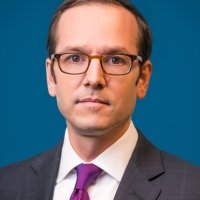
Introduction
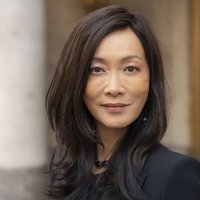
Keynote Speaker

Moderators

White House and National Security Correspondent and Senior Writer, The New York Times.

Panelists


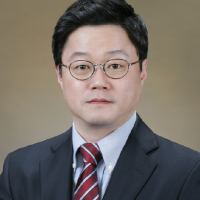
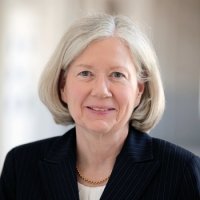
Former U.S. Executive Director and Alternate Executive Director, International Monetary Fund
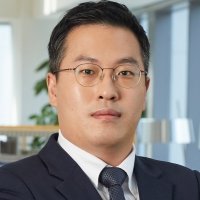

Henry A. Kissinger Distinguished Professor Global Affairs at the Johns Hopkins School of Advanced International Studies (SAIS), a Senior Fellow at the American Enterprise Institute, and a Bloomberg Opinion columnist.

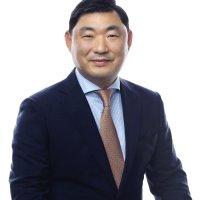
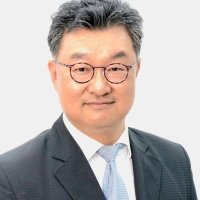

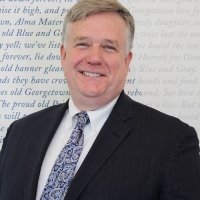
Hosted By

Hyundai Motor-Korea Foundation Center for Korean History and Public Policy
The Center for Korean History and Public Policy was established in 2015 with the generous support of the Hyundai Motor Company and the Korea Foundation to provide a coherent, long-term platform for improving historical understanding of Korea and informing the public policy debate on the Korean peninsula in the United States and beyond. Read more


Indo-Pacific Program
The Indo-Pacific Program promotes policy debate and intellectual discussions on US interests in the Asia-Pacific as well as political, economic, security, and social issues relating to the world’s most populous and economically dynamic region. Read more


Kissinger Institute on China and the United States
The Kissinger Institute works to ensure that China policy serves American long-term interests and is founded in understanding of historical and cultural factors in bilateral relations and in accurate assessment of the aspirations of China’s government and people. Read more
